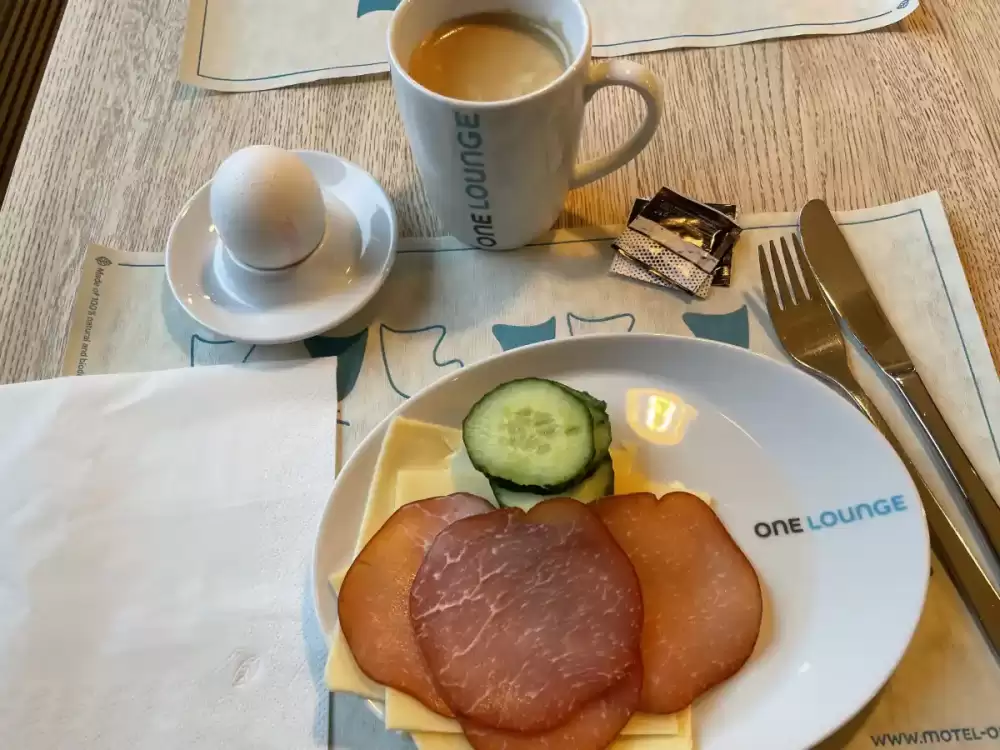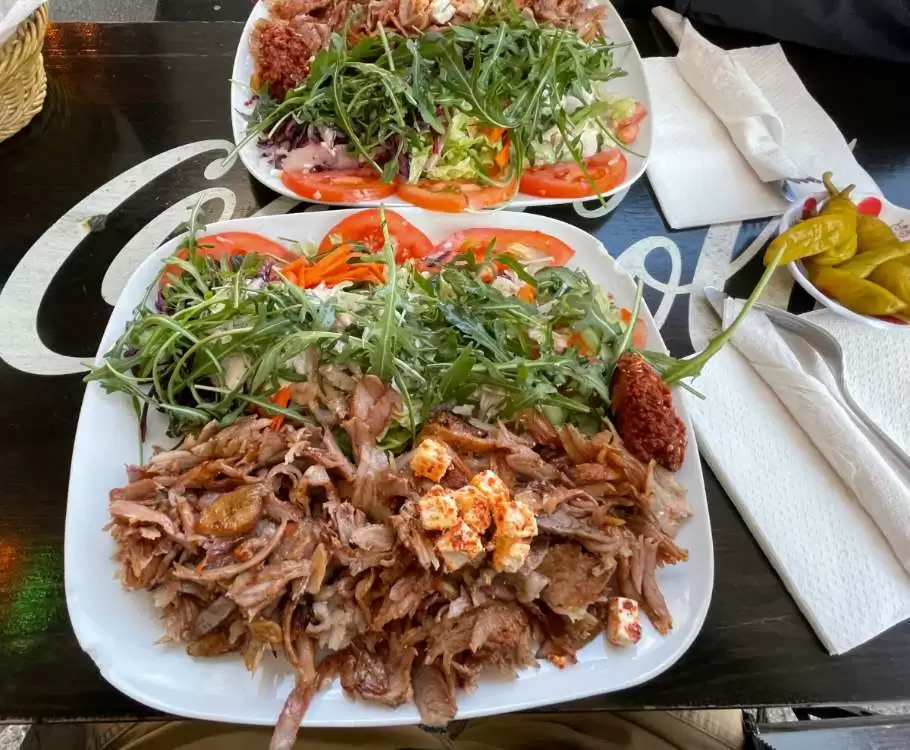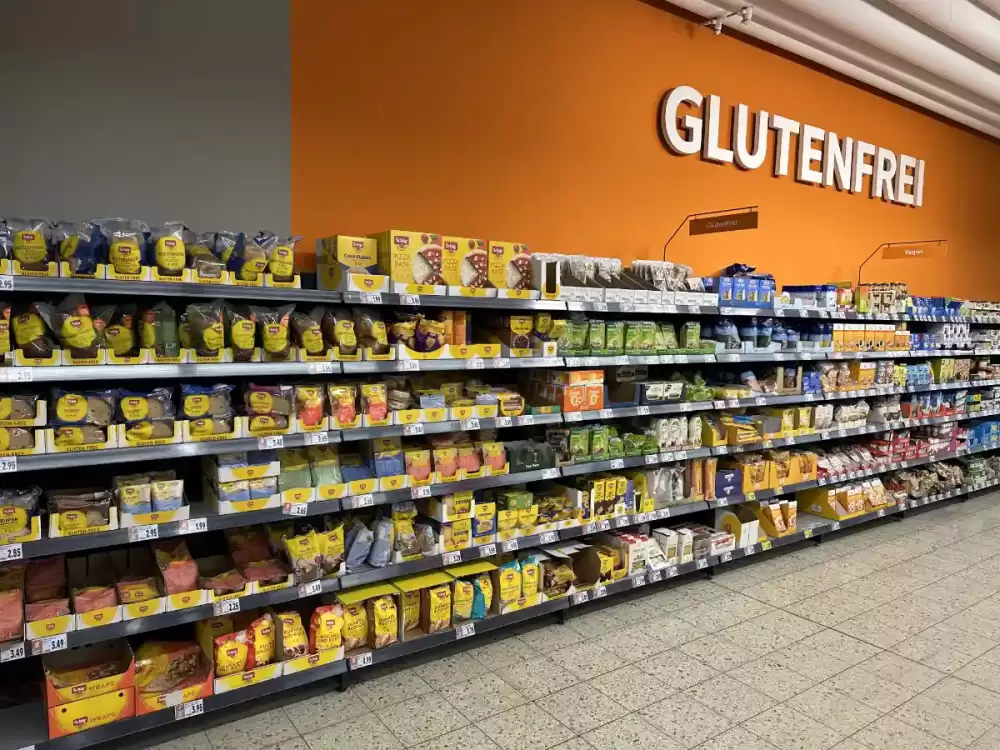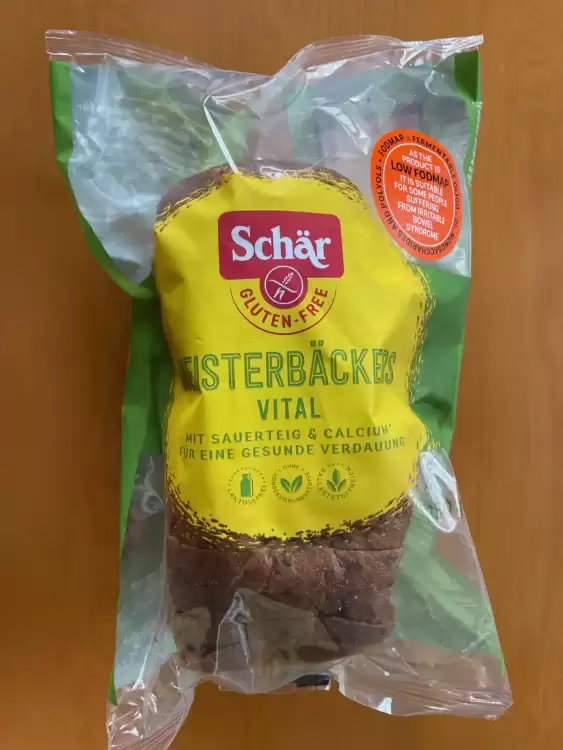
Celiac.com 07/01/2023 - Germany is a wonderful destination for travelers with celiac disease. With its rich cultural history, charming villages, bustling cities, and scenic landscapes, there is so much to see and do. However, traveling with celiac disease requires some planning and preparation to ensure a safe and enjoyable trip. In this article, we will provide tips and resources to help you plan your trip to Germany with confidence.
Booking a Gluten-Free Meal on Your Flight
Booking a gluten-free meal on your flight is essential to ensure that you have safe and delicious food to eat during your journey. Many airlines, including Lufthansa, United, American, and Delta, offer gluten-free meal options. When booking your flight, make sure to select the gluten-free meal option and notify the airline of your dietary needs. You can also check with the airline's customer service to confirm your meal request.
Celiac.com Sponsor (A12):
Be careful if you book a flight using sky miles on one airline, but fly on a partner airline. For example I used United Sky Miles to buy my ticket on Lufthansa, and because of this the my gluten-free meal selection did not carry over to Lufthansa, but luckily I called ahead and discovered this, and they made the update (which must be done at least 24 hours before your flight leaves).
Booking Gluten-Friendly Hotels in Germany
When booking your hotel in Germany, make sure to choose a hotel that offers gluten-free options with their breakfast or is located near restaurants that cater to gluten-free diets. Many hotels in Germany, especially in larger cities, offer gluten-free breakfast options, such as gluten-free bread, cereal, and pastries, and including breakfast is often an option with an extra charge when booking the hotel. I highly recommend including breakfast because most hotels offer a buffet with minimal risk of cross-contamination, or, if you don't want to take any chances at all, they usually offer fruit like apples or bananas, hard or soft boiled eggs, and cereals and yogurt that are still in their package.
One inexpensive and decent option is the German hotel chain "Motel One," which I stayed in with great success. When going down to the breakfast buffet I try to bring a couple of slices of gluten-free bread with me, just in case they don't offer it. It is also great to have this with you so you can "borrow" something from breakfast to make a sandwich for later, or hit a nearby market and buy some things to make sandwiches so you can be prepared for the day's adventure.

Some things from the Motel One buffet. They also had fruit, yogurt and gluten-free cracker-bread.
You can use travel websites like Booking.com, Expedia, and Tripadvisor to search for hotels that offer gluten-free options, and sometimes the very best way to get this crucial information is to send the hotel an email with specific questions, or to call them directly and ask to speak with the person who is in charge of the breakfasts (this is best done during the 11AM - 4PM German time period so you reach the right person, but they are not too busy to talk with you).
The Advantages of Staying in Vacation Home/Apartment Rentals vs. Hotels
Staying in a vacation home or apartment rental can offer many advantages for travelers with celiac disease. You can prepare your own gluten-free meals in a fully equipped kitchen and have more control over your food choices. Companies like Booking.com, AirBnB, Vrbo, and HomeToGo offer a wide range of vacation home and apartment rentals in Germany that cater to gluten-free travelers.
Eating in German Restaurants
Eating out in Germany can be a challenge for travelers with celiac disease, but it is possible to find gluten-free options. It is important to communicate your dietary needs to the restaurant staff and ask about gluten-free options. You can use a gluten-free restaurant card written in German to show to the waiter or restaurant staff. The card should state that you cannot eat gluten and ask for their assistance in selecting safe and delicious gluten-free options. Just like in the USA, many restaurants have gluten-free menus or mark gluten-free items on their menu with symbols like "GF."
Although most German people you will encounter can speak English well enough to understand you, just in case here is a basic example of a German restaurant card with its English translation:
Gluten-Free Restaurant Card in German:
QuoteIch bin glutenfrei.
Ich kann aufgrund einer medizinischen Erkrankung kein Gluten essen. Gluten ist in Weizen, Gerste, Roggen und ihren Derivaten enthalten. Dazu gehört auch Weizenmehl, das oft als Bindemittel in Saucen und Gravy verwendet wird. Bitte helfen Sie mir, Lebensmittel zu vermeiden, die Gluten enthalten oder aus Weizenmehl hergestellt sind.
Vielen Dank für Ihr Verständnis und Ihre Unterstützung bei der Bereitstellung eines sicheren und angenehmen Essenserlebnisses für mich.
Gluten-Free Restaurant Card Translated into English:
QuoteI am gluten-free.
I cannot eat gluten due to a medical condition. Gluten is found in wheat, barley, rye, and their derivatives. This includes wheat flour, which is often used as a thickening agent in sauces and gravy. Please help me avoid any foods that contain gluten or are made with wheat flour.
Thank you for your understanding and assistance in providing me with a safe and enjoyable dining experience.
Gluten-Free Restaurant Fallback
A great fallback is to find a Vietnamese restaurant, as most of their food is naturally gluten-free. Finding a Vietnamese restaurant in Germany is no problem in most medium to large sized towns and cities, and during my last trip to Germany I went to several and had no issues. Turkish kebab restaurants and kiosks are another great option, as they are also found throughout Germany, and most offer many naturally gluten-free options. I went to several of them and had zero issues.

Gluten-Free Kebab in Frankfurt, Germany
Finding Gluten-Free Foods in Grocery Stores
Germany has a wide range of grocery stores that offer gluten-free options, including Aldi, Real, Rewe, Edeka, and Kaufland. You can look for gluten-free products from major brands like:
- Alnavit
- Bauckhof
- Drei Pauly
- Hammermühle
- Resch & Frisch
- Schär
- Schnitzer
- Seitz.
Make sure to read the labels carefully and look for the gluten-free certification symbol and/or the word "glutenfrei."
In general, the larger the physical size of the store, the more gluten-free brands and products they will carry, and the larger stores usually have their own gluten-free section, which makes gluten-free shopping a breeze. Below is an example of a huge gluten-free section in a large German supermarket.

A gluten-free food section at a large German supermarket.
The Importance of Packing Gluten-Free Snacks and Sandwiches While Traveling
It is always a good idea to pack gluten-free snacks and sandwiches when traveling to ensure that you have safe and delicious options while on the go. This is especially important during long flights, train rides, ferry or boat rides, hikes or car trips. You can pack gluten-free snacks like nuts, fruit, gluten-free crackers, and granola bars. You can also make your own gluten-free sandwiches with gluten-free bread and fillings like cheese, ham, and vegetables.

Schär gluten-free sandwich bread can be found at many German supermarkets.
Conclusion
Traveling to Germany with celiac disease requires some planning and preparation, but it is definitely doable. By using the resources and tips provided in this article, you can have a safe and enjoyable trip to Germany, where you can indulge in the rich cultural history and delicious cuisine without worrying about gluten. Gute Reise!










Recommended Comments
Create an account or sign in to comment
You need to be a member in order to leave a comment
Create an account
Sign up for a new account in our community. It's easy!
Register a new accountSign in
Already have an account? Sign in here.
Sign In Now